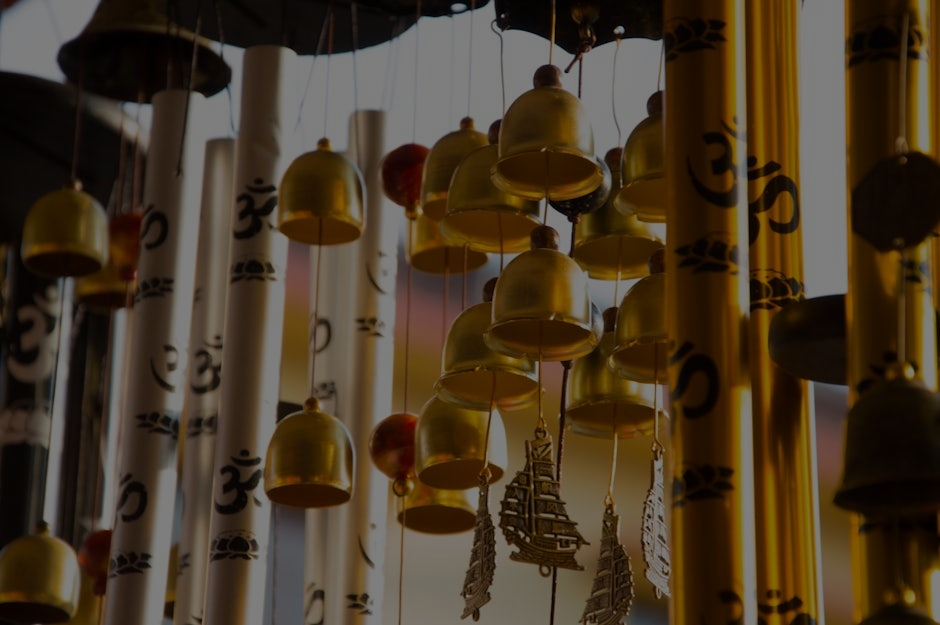**Abstract:** Discover how feng shui ornaments can enhance your well-being by harmonizing energy in your environment. This article delves into the science behind these powerful tools and their impact on your life.
The Energetic Influence of Feng Shui
Feng shui, an ancient Chinese practice, emphasizes the importance of energy flow, or “chi,” in our surroundings. By arranging spaces to promote positive energy, feng shui aims to create harmony and balance in daily life. Ornaments play a crucial role in this practice, as they can either attract or repel energy based on their placement and symbolism. Understanding the energetic influence of these items can help individuals cultivate a more harmonious living environment, which ultimately enhances their overall well-being.
The Role of Color and Material
Colors and materials used in feng shui ornaments significantly affect the energy they emit. For instance, red symbolizes prosperity and luck, while blue promotes tranquility and healing. Incorporating these colors strategically can influence mood and emotional health. Materials also matter; wood represents growth, metal signifies clarity, and water encourages flow. By selecting ornaments that resonate with personal goals and aspirations, individuals can effectively harness their energy to create a supportive atmosphere conducive to well-being.
<strong.Creating a Balanced Environment
Feng shui teaches that balance is vital for promoting well-being. Ornaments can help achieve this equilibrium by representing the five elements: wood, fire, earth, metal, and water. For example, a wooden plant can symbolize growth and vitality, while a metal wind chime can enhance clarity and communication. By thoughtfully incorporating these elements into your space, you can create an environment that nurtures your physical, emotional, and spiritual health. This balanced approach fosters a sense of peace and stability, which is essential for overall well-being.
<strong.Psychological Impact of Ornaments
The psychological effects of feng shui ornaments are profound. Research suggests that our surroundings influence our thoughts, feelings, and behaviors. Beautiful, well-placed ornaments can evoke positive emotions and inspire creativity, while cluttered or misaligned spaces can lead to stress and anxiety. By intentionally choosing and arranging ornaments, individuals can create a supportive environment that encourages positivity and reduces negative emotions. This psychological impact reinforces the importance of feng shui in enhancing well-being.
<strong.Personalizing Your Feng Shui Journey
Every individual has unique preferences and needs, making personalization essential in feng shui practices. Selecting ornaments that resonate with personal values, aspirations, and cultural backgrounds can enhance their effectiveness. For instance, someone seeking abundance may choose a laughing Buddha statue, while another focused on love might select rose quartz. This personalization not only increases the ornaments’ energy but also fosters a deeper connection to the space, making it a true reflection of the individual’s personality and desires.
<strong.Incorporating Feng Shui into Daily Life
Integrating feng shui principles into daily life doesn’t have to be overwhelming. Start small by incorporating a few carefully chosen ornaments in your home or workspace. Observe how these changes affect your mood and energy levels. Regularly reassess your space to ensure it remains aligned with your evolving goals and desires. By making feng shui a part of your routine, you can cultivate a more harmonious environment that supports your well-being and personal growth.
In conclusion, feng shui ornaments are more than mere decorations; they are powerful tools that can influence our well-being. By understanding the science behind their energetic properties, we can make informed choices that enhance our living spaces and, in turn, our lives. Embrace the potential of feng shui to transform your environment and elevate your overall sense of well-being.










